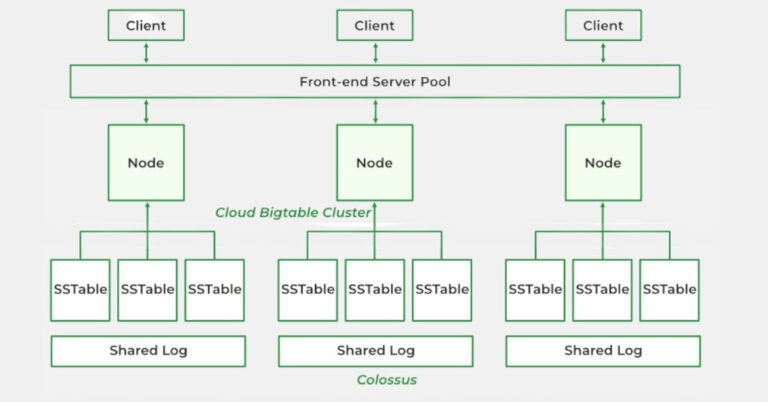AI: Changing the Way We Write
Artificial Intelligence (AI) is revolutionizing how we write, transforming everything from content creation to grammar correction. With advanced AI writing tools, drafting, editing, and refining text has become more efficient and accessible. These tools can generate coherent, well-structured content, assisting writers with everything from brainstorming ideas to fine-tuning the final product. As AI continues to evolve, it’s changing how we write and redefining the role of human creativity in the writing process. While AI offers unprecedented support in speed and accuracy, it also raises questions about originality, authorship, and the future of human expression in a world increasingly shaped by technology.
The Rise of AI in Writing
Technology has dramatically reshaped many facets of modern life, and the realm of content creation is no exception. Leading this transformation are AI writing tools, which are increasingly being recognized for their ability to generate a diverse range of content efficiently. The rise of platforms like the AI content detector underscores the importance of maintaining authenticity while benefiting from these technological advancements. The digital age has seen a surge in written content, with businesses and individuals seeking to produce quality work promptly. AI tools present a viable solution by automating routine writing tasks and freeing up creative resources for more nuanced engagements.
AI-driven platforms are making significant waves across industries. By automating tasks traditionally performed by humans, these tools create articles, reports, and even creative pieces such as poetry with remarkable precision and speed. AI writing tools’ usability and efficiency mark a substantial advancement in content production, utilizing machine learning to overcome practical obstacles and create new opportunities for artistic expression. Rapid content creation enables companies to stay up with the continuously evolving digital market and guarantees that audiences consistently and successfully receive their messages.
Benefits of AI Writing Tools
The advent of AI writing tools has introduced many benefits that reshape how content is created and consumed. Prominent among these is their incredible speed and efficiency. Through advanced algorithms, AI writing tools can compose comprehensive articles in mere moments—a process that would take a human considerably longer. This rapid production capability is vital for businesses looking to maintain a constant online presence and remain competitive in an ever-evolving marketplace.
Moreover, AI writing tools enable the management of expansive volumes of content, proving invaluable in industries where timely and consistent information dissemination is crucial. These technologies significantly increase authors’ productivity and output quality by automating monotonous chores so they may concentrate on the creative parts of content generation. Additionally, because AI can evaluate large databases, it may create customized content for particular target segments, increasing user happiness and engagement.
The Role of Humans in AI Writing
Despite AI’s remarkable capabilities, the human element in content creation remains indispensable. AI excels at gathering, organizing, and presenting factual information but inherently needs more emotional intelligence and creative nuance than human writers possess. AI must be embraced as a supplementary tool rather than a substitute to unlock more substantial levels of creativity and productivity.
By leveraging AI, writers can enhance their workflows, gaining valuable time to develop engaging narratives and compelling stories. The collaborative synergy between human creativity and AI efficiency promises a future where technology and artistry coexist harmoniously, enhancing the depth and authenticity of written content. Human oversight ensures that AI-generated content resonates on a personal level, maintaining the human touch that is so vital in effective communication.
Challenges and Limitations
Despite AI writing tools’ many benefits, they are not without challenges. Comprehending context, tone, and subtle linguistic nuances often proves difficult for AI. Additionally, these tools rely heavily on algorithmic logic, sometimes leading to misunderstandings or inaccuracies in complex subject matter. Users must be aware of these limits to use AI ethically and successfully and maintain the dependability and credibility of the final result.
The quest to refine AI writing tools is ongoing. Developers continue improving machine learning models to address these limitations, striving to balance automation and human oversight in content creation. Continued collaboration between technologists, academics, and industry professionals is essential to drive the evolution of AI tools that are both powerful and aligned with human values.
The Future of AI Writing
With the speed at which technology is developing, the future of AI in writing is incredibly bright. AI writing tools will grow increasingly complex and adaptable as machine learning and natural language processing progress. These technologies are anticipated to provide writers with never-before-seen assistance, expanding their potential and enhancing the content environment.
Continuous improvements in these technologies will likely expand the horizons of what AI can achieve, seamlessly integrating with human input to produce impactful and innovative content. The potential for AI to assist in creating personalized and engaging content paves the way for exciting developments across sectors. As AI becomes more adept at understanding human context and expression, its role in content creation will grow more integral.
A Collaborative Future
In conclusion, the future of AI in writing is about fostering collaboration. By integrating AI as a powerful assistant in the content creation process, writers can tap into enhanced levels of productivity and creativity. The seamless fusion of human intelligence and artificial technology holds the potential to reshape the writing landscape, offering diverse and innovative possibilities for storytelling in the years to come. Embracing this synergy will unlock new realms of creative potential, ensuring that writing continues to evolve and thrive in a digital age.
Key Takeaways:
- Artificial Intelligence (AI) revolutionizes content creation, providing powerful tools for writers and businesses.
- AI writing tools offer benefits such as speed, efficiency, and the ability to handle large volumes of content.
- Understanding the ethical considerations and limitations of AI writing is crucial for responsible use.
- The future of AI in writing is promising, with continuous advancements expected in the coming years.
- AI writing can complement human creativity rather than replace it.







